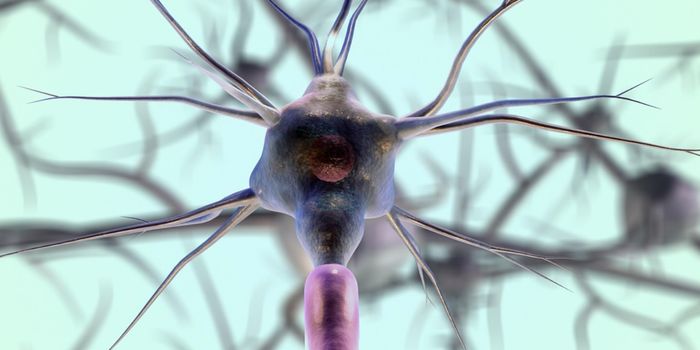Some Common Medications Can Cause Depression
Depression is a major health problem in the United States and around the world. The World Health Organization estimates that 300 million people worldwide have some form of depression. In the United States, 16.2 million people (6.7% of the population) have experienced a major depressive episode in the last year and approximately 15% of people can expect to experience depression in their lifetime.
To compound the issue, a new research study from scientists at the University of Illinois at Chicago looked at the issue of prescription drugs that can have side effects of depression or suicidal ideation. The medications are prescribed commonly for conditions unrelated to mental health, and many patients, as well as healthcare providers, are not aware of the possible risk of depression, anxiety, and suicide with these medications.
The data used in the study came from the National Health and Nutrition Examination Survey. The team looked at medication use and patterns in over 26,000 adult patients between the years 2005 and 2014. Their results showed that more than 200 commonly prescribed drugs have depression or suicide as possible risks to patients who use them. The drugs included birth control pills, antacids, proton pump inhibitors, painkillers and blood pressure medications that are labeled with the mental health risks of suicide and depression.
The study is published in the Journal of the American Medical Association and it’s the first to show that when combinations of these drugs are used concurrently by the same patient, the risk goes up. It’s not at all uncommon for a single patient to be prescribed one or more of the drugs, a situation called “polypharmacy” and when they are combined the numbers show that the risk is much higher. For patients taking 3 or more of the medications investigated, 15% experienced depression. In patients not taking any of the medications, the rate of depression is only 5%. Seven percent of patients only taking one drug reported depression symptoms and those taking two of the medications had a 9% rate of depression. The numbers were similar for suicide risk even when the study investigators eliminated patients on psychotropic medications since that population already has a high likelihood of depression.
Dima Qato, assistant professor of pharmacy systems, outcomes and policy in the UIC College of Pharmacy is the lead author on the study. She explained, "The take away message of this study is that polypharmacy can lead to depressive symptoms and that patients and health care providers need to be aware of the risk of depression that comes with all kinds of common prescription drugs -- many of which are also available over the counter. Many may be surprised to learn that their medications, despite having nothing to do with mood or anxiety or any other condition normally associated with depression, can increase their risk of experiencing depressive symptoms, and may lead to a depression diagnosis."
Dr. Qato and her team also found that the use of medications with possible depression and suicide side effects has been on the rise. The use of any medication with the possibility of depression as an adverse effect increased from 35% to 38% over the course of the study period. The use of more than one of these risky medications also increased from 7% to 10% over the same period. Most significantly, the use of proton pump inhibitor medications doubled in the study period, from 5% to 10%, making awareness of the issue even more critical for patients and caregivers. Use of medications that carry a risk of suicide jumped from 17 to 24 percent.
Since depression and suicide are currently in the public eye, given recent celebrity deaths, knowing what could happen when taking a common prescription drug is vital for patients. Qato suggested that revamping software that detects drug interactions and potential side effects could be a better way for doctors, pharmacists, and patients to be more cognizant of what could happen when taking certain medications. Check out the video below to learn more about this study.
Sources: University of Chicago via Science Daily, JAMA Psychiatry VeryWell Mind









